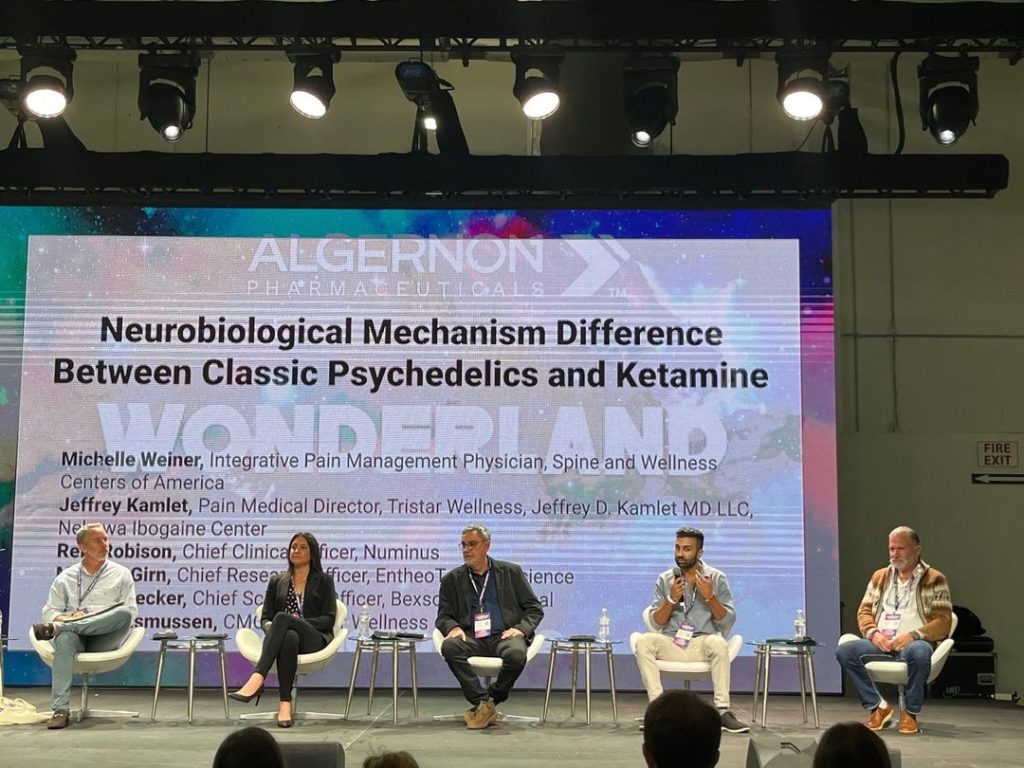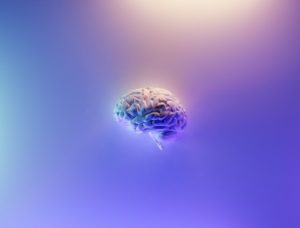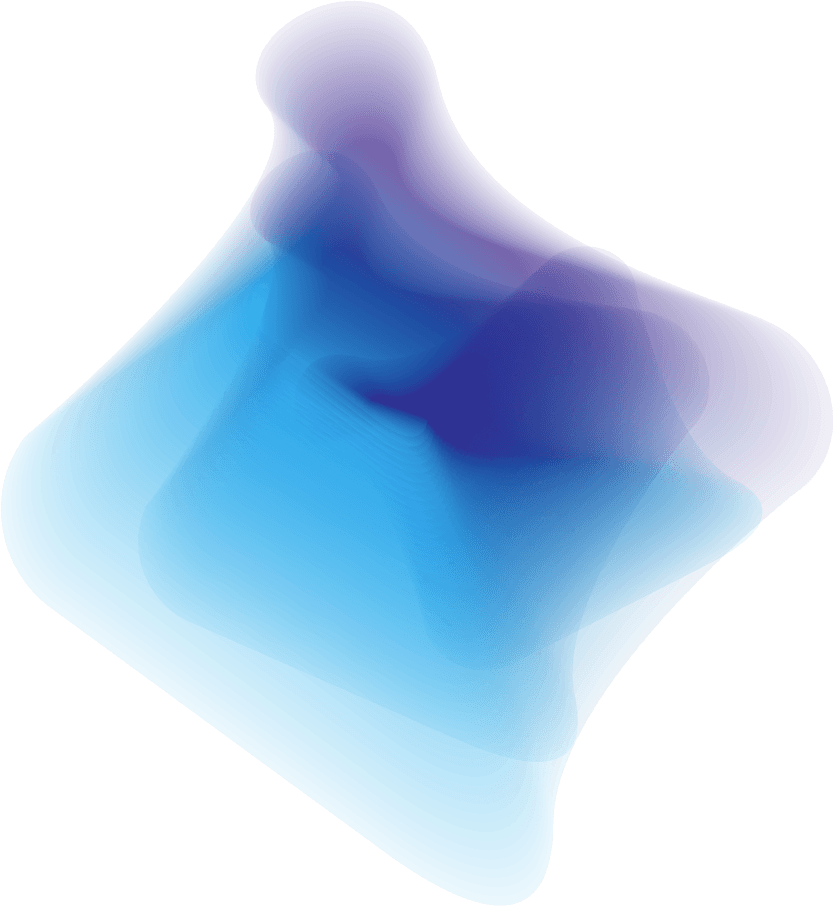A ketamine infusion refers to the administration of ketamine as an injection, either into a vein (‘intravenous ketamine’) or into a muscle (‘intramuscular ketamine’). These two ways of administering ketamine are the most preferred by doctors because they allow for very precise dosing¹. In some cases, intranasal ketamine might be preferred, although it is less precise in dosing.
At EntheoMed’s Ketamine Assisted Therapy Suite in Kelowna, BC, we administer intramuscular ketamine to our patients.
Although in recent years ketamine has received the most attention for its antidepressant effects, it is also often used for relieving chronic pain². Unfortunately familiar to many, chronic pain is a condition defined by physicians and researchers as pain that lasts for three months or more. The most debilitating forms of this condition often involve lower back pain, but can also refer to pain anywhere on the body. Surveys have estimated that more than than 20% of North Americans suffer from chronic pain and that this number has been steadily rising over the past decade³ ⁴. This highly prevalent condition exerts a significant toll on one’s ability to work, sleep, and enjoy life, and very often co-occurs with depression.
The typical approach to treating chronic pain is often a trial-and-error process, testing a range of drugs from antidepressants, to epilepsy drugs, to opioids. But even with this variety of treatments, less than half of patients show significant pain relief⁵. In addition, the over-prescription of opioids has led to widespread addictions to this class of drugs in what is now referred to as the ‘opioid epidemic’⁶. Clearly, new treatments – especially those that decrease reliance on opioids as the go-to option – are needed.
Research suggests that ketamine has the potential to play this role for certain types of chronic pain. In particular, ketamine seems to be most effective for ‘neuropathic pain’⁷ ⁸. This type of pain has its origin in the central nervous system. It happens when nerves in the brain and spinal cord become damaged and start to fire spontaneously, as well as become hypersensitive to pain inputs⁹. This persisting nerve damage causes pain to be prolonged indefinitely. Ketamine appears to relieve this type of pain by blocking receptors which convey pain signals up the spinal cord to the brain, and by increasing neuroplasticity to help damaged nerve cells recover⁸.
Another way that ketamine can relieve chronic pain is by reducing inflammation, something that is the primary cause of a different type of pain – so called ‘nociceptive pain’⁷ ⁸. A third type of pain which ketamine may also relieve is ‘nociplastic pain’, which is a more complex form of pain that may also have its origin in the hypersensitivity of nerves in the brain and spinal cord⁷ ¹⁰. Fibromyalgia is often designated as this third type of pain.
For people for which it’s effective, ketamine-induced reductions in chronic pain typically last up to 14 days. All in all, ketamine seems to be an effective alternative treatment for chronic pain conditions that physicians are increasingly considering for some of their patients.
Written by Manesh Girn for EntheoTech
REFERENCES
(1) Ketamine: A Review of Clinical Pharmacokinetics and Pharmacodynamics in Anesthesia and Pain Therapy
(4) Prevalence of Chronic Pain and High-Impact Chronic Pain Among Adults — United States, 2016
(6) The Opioid Epidemic: Crisis and Solutions
(8) Ketamine for chronic pain: risks and benefits
(9) Neuropathic Pain: A Maladaptive Response of the Nervous System to Damage
(10) Nociplastic pain: towards an understanding of prevalent pain conditions














